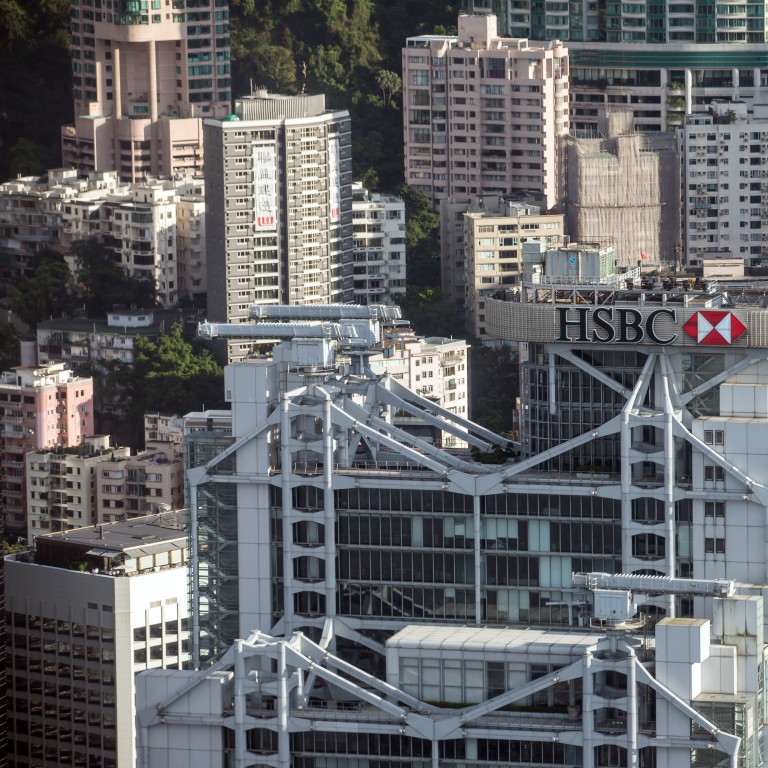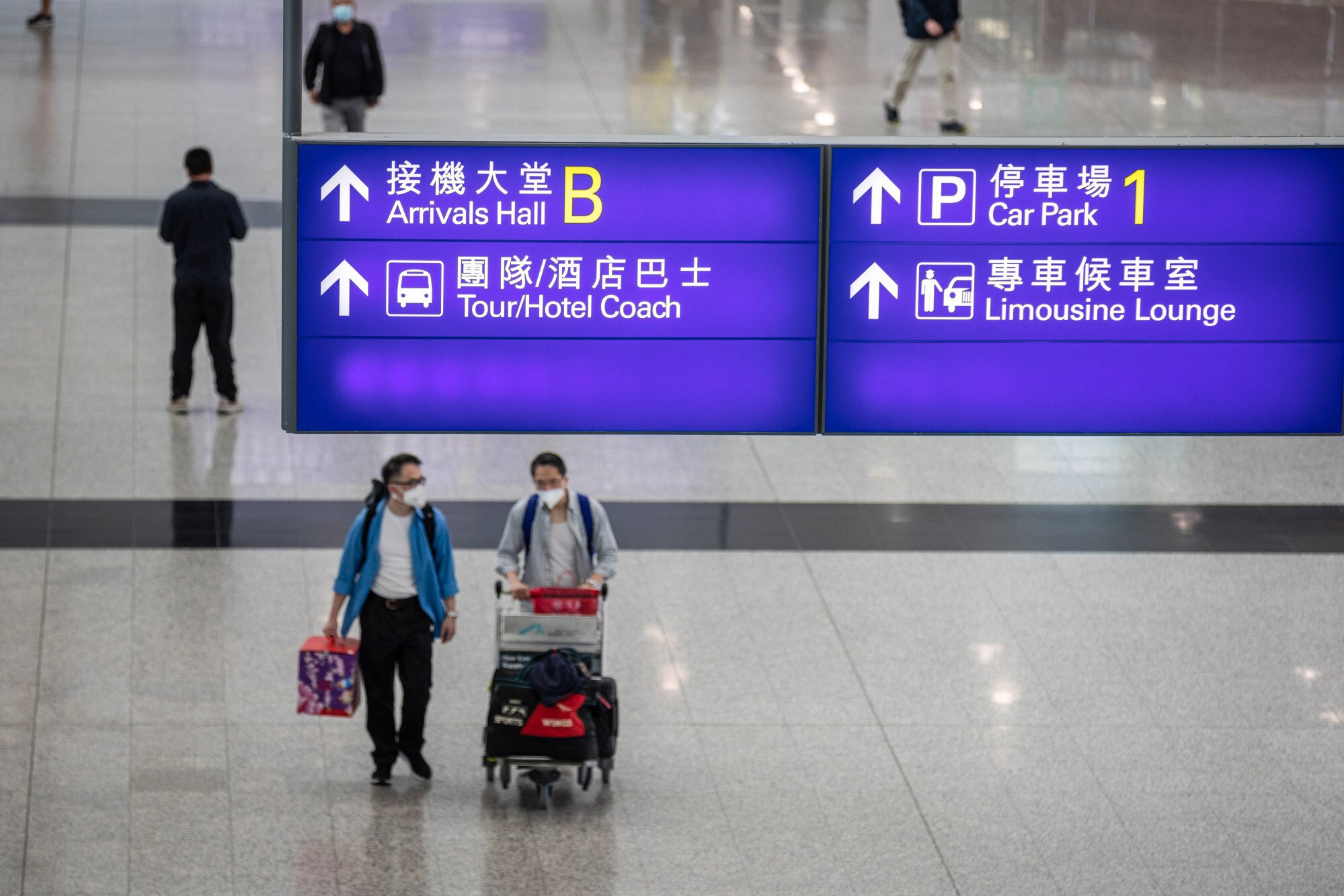
Coronavirus Hong Kong: 2021 to be a difficult year for banks with bottom lines squeezed by low interest rates, uncertainty
- Net interest margin likely to ‘remain challenging’ for the city’s banks this year, KPMG China says in latest report card
- Wealth management increasingly competitive as city’s banks seek Greater Bay Area opportunities
“The clients I talk to are working on that basis [that interest rates] will be lower for longer,” said KPMG’s China partner for financial services Paul McSheaffrey. “It is definitely a problem for the next two or three years. [It is something] everyone I talk to in banks is planning for: How do we change our revenue profile? How do we get different sources of revenue?”
The 2020 operating profit of all licensed banks in Hong Kong fell 19.3 per cent to HK$232 billion (US$29.9 billion), with net interest margin dropping by 41 basis points, even as total assets jumped 8.8 per cent, while loans and advances increased 3.4 per cent, according to KPMG China’s latest Hong Kong Banking report. Hong Kong’s economy was driven into a recession last year, the city’s worst slump on record, due to a combination of street protests in 2019 that deterred tourists, and the Covid-19 pandemic that sapped consumption.
Still, lenders remain cautious on the outlook, particularly as the city’s larger-than-expected economic recovery in the first three months was based on a low 2020 base during the early throes of the coronavirus outbreak.
“Increased economic activity will ultimately be dependent on how quickly Hong Kong can open its borders to mainland China and the rest of the world,” KPMG said.


At the same time, traditional banks in the city are facing new competition from eight virtual banks that debuted in 2020.
“Total deposits at virtual banks is likely to continue to increase steadily as existing customers add to their savings accounts and prospective customers consider opening new accounts, perhaps as a secondary bank,” said KPMG China partner for financial services Steve Cheung. “Interestingly, we believe that target customers will not only include the younger generation, but also the older demographic who in general have more savings and are becoming more accepting of virtual financial services platforms.”
That said, deposits at virtual banks are expected to make up a small percentage of total deposits in Hong Kong’s banking sector in the short term, according to KPMG China. The eight lenders combined for about HK$16 billion in deposits at the end of last year, or about 0.11 per cent of total deposits citywide, according to KPMG.
As banks navigate low interest rates and the uncertain economic environment, many lenders are turning to wealth management and other fee-based products to bolster their bottom lines.
“The big change [in Hong Kong] will be Wealth Management Connect scheme, which could open up to a new population that hasn’t necessarily invested in Hong Kong,” McSheaffrey said. “That would be a game changer.”
That is leading to an increasingly competitive landscape in Hong Kong, reinforcing its status as an international wealth centre, said Isabel Zisselsberger, KPMG China’s partner for strategy and performance, financial services.

“With Hong Kong remaining the ‘connector’ between mainland China and the rest of the world, the city will continue to attract top talent and investment, and international banks will continue to seek to strengthen their presence to tap into the significant wealth opportunities in mainland China and the broader region,” Zisselsberger said.


